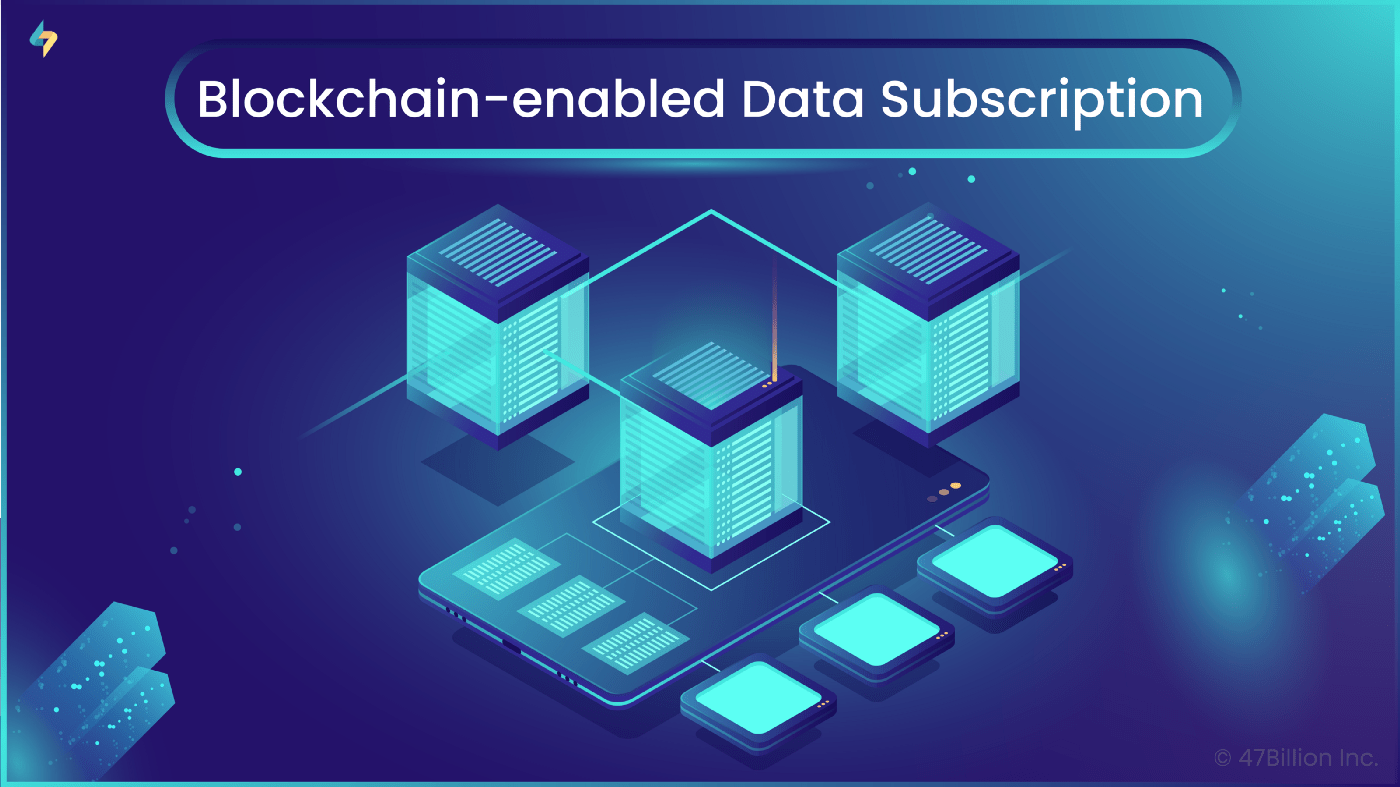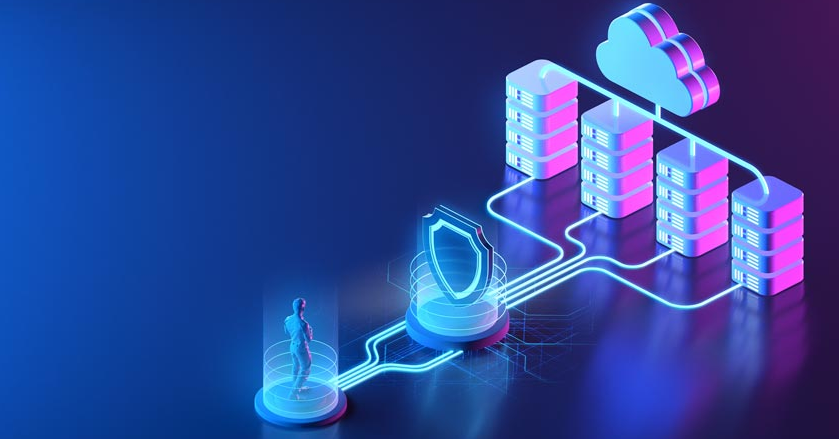Blockchain technology has taken the world by storm, revolutionizing various industries and promising a more transparent, secure, and decentralized future. At its core, blockchain is a distributed ledger that records transactions in a secure and immutable way. This immutability and transparency have fueled the rise of blockchain-based applications, ranging from cryptocurrencies to supply chain management. But what kind of data can blockchain actually store? This is a fundamental question that needs to be explored to understand the true potential of this transformative technology.

Introduction

Blockchain, in its essence, is a digital ledger of transactions that are grouped into blocks and linked together in a chronological chain. Each block contains a hash of the previous block, creating a chain of interconnected blocks. This structure makes it virtually impossible to alter or tamper with the data stored on the blockchain. This immutable nature of blockchain technology has made it attractive for storing a wide range of data.
The ability of blockchain to store data securely and transparently is a game-changer across various domains. Whether it’s tracking the provenance of a product, verifying digital identities, or securing sensitive medical records, blockchain’s potential is vast. However, understanding the specifics of what kind of data can be stored on a blockchain is crucial. This article will delve into the different types of data that can be stored on a blockchain and examine the advantages and limitations of each.
Digital Assets
The most common type of data stored on a blockchain is digital assets. Cryptocurrencies like Bitcoin and Ethereum are prime examples of digital assets stored and transferred on blockchain networks. These assets can be anything from virtual currencies to digital collectibles, including:
- Cryptocurrencies: Blockchain technology underpins the decentralized and secure nature of cryptocurrencies. Each transaction is recorded on the blockchain, making it transparent and verifiable.
- Non-Fungible Tokens (NFTs): NFTs are unique digital assets that can represent anything from artwork and music to virtual real estate and gaming items. They are stored on a blockchain and can be bought, sold, and traded.
- Digital Collectibles: Blockchain allows for the creation and management of digital collectibles, such as virtual trading cards, game items, and even digital art. The immutability of the blockchain ensures the authenticity and ownership of these collectibles.
- Securities: Blockchain can be used to tokenize securities, making them easier to trade and manage. This can improve efficiency and transparency in the financial markets.
Data Records
Beyond digital assets, blockchain can also store data records, offering a more secure and transparent alternative to traditional databases. This can have profound implications for industries where data integrity and trust are paramount. Here are some examples of data records that can be stored on blockchain:
- Supply Chain Management: Blockchain can track the movement of goods throughout the supply chain, ensuring transparency and accountability. This can help prevent counterfeiting and improve efficiency.
- Medical Records: Blockchain can be used to store medical records securely and privately. Patients can control access to their records and share them with healthcare providers as needed.
- Voting Records: Blockchain can provide a secure and verifiable platform for conducting elections, ensuring transparency and preventing fraud.
- Real Estate Records: Blockchain can simplify and streamline real estate transactions by providing a secure and transparent record of ownership.
Smart Contracts
Smart contracts are self-executing contracts stored on a blockchain. They automate the execution of agreements, eliminating the need for intermediaries and reducing the risk of errors. Examples of data stored in smart contracts include:
- Terms of Agreement: Smart contracts can be used to codify and enforce the terms of agreements between parties, such as loan agreements or rental contracts.
- Payment Terms: Smart contracts can automate payments based on predefined conditions, eliminating the need for manual processing.
- Escrow Services: Smart contracts can be used to hold funds in escrow until specific conditions are met, ensuring secure and transparent transactions.
- Decentralized Applications (DApps): Smart contracts form the foundation of decentralized applications, which are applications that run on a blockchain and are not controlled by any single entity.
Identities
Blockchain technology can be used to create and manage digital identities, providing a secure and verifiable means of identification. This can have significant implications for identity verification, authentication, and access control. Examples of identity data stored on blockchain include:
- Digital IDs: Blockchain can be used to create secure and tamper-proof digital identities that can be used for authentication and verification purposes.
- Passport and Visa Information: Blockchain can store passport and visa information securely, preventing fraud and counterfeiting.
- Credential Management: Blockchain can be used to manage and verify educational and professional credentials, providing a secure and transparent record of qualifications.
- Access Control: Blockchain can be used to manage access to systems and resources based on verified identities, enhancing security and privacy.
Conclusion
The ability to store data on a blockchain opens up a world of possibilities, With its inherent security, transparency, and immutability, blockchain is poised to revolutionize how we manage and interact with data. While blockchain has the potential to store various types of data, it’s crucial to understand its limitations and use cases. Not every type of data is suitable for storage on a blockchain. Data that is sensitive and requires frequent updates may be better suited for traditional databases.
Furthermore, blockchain technology is still evolving, and the specific types of data that can be stored effectively will likely change as the technology matures. However, the potential of blockchain for data storage is undeniable. As the technology continues to advance, we can expect to see even more innovative applications of blockchain for storing and managing data, ultimately transforming various industries and aspects of our lives.
